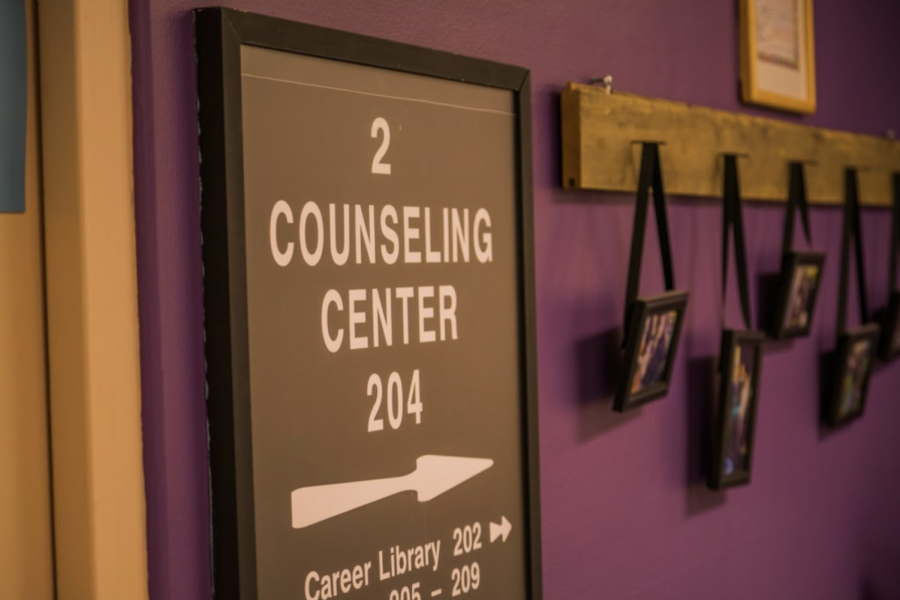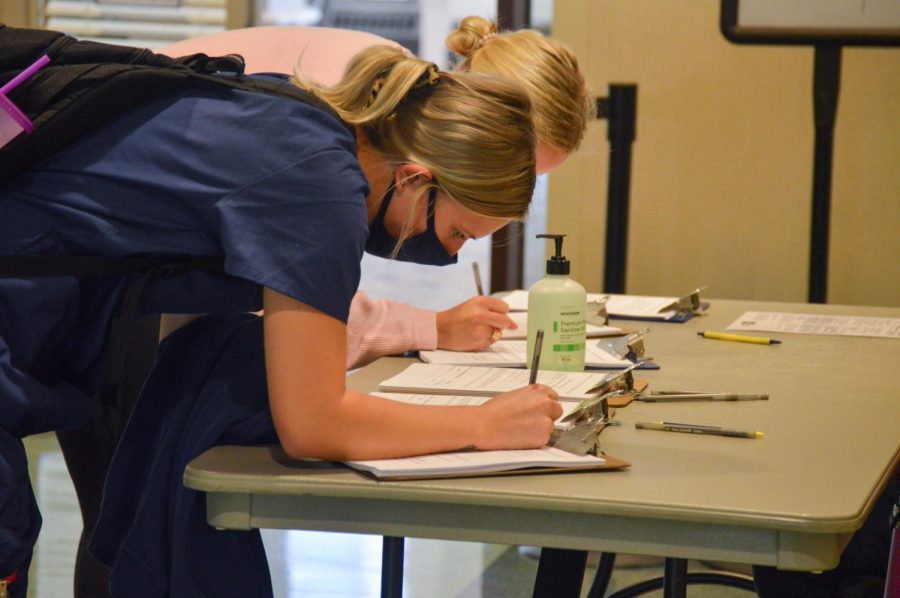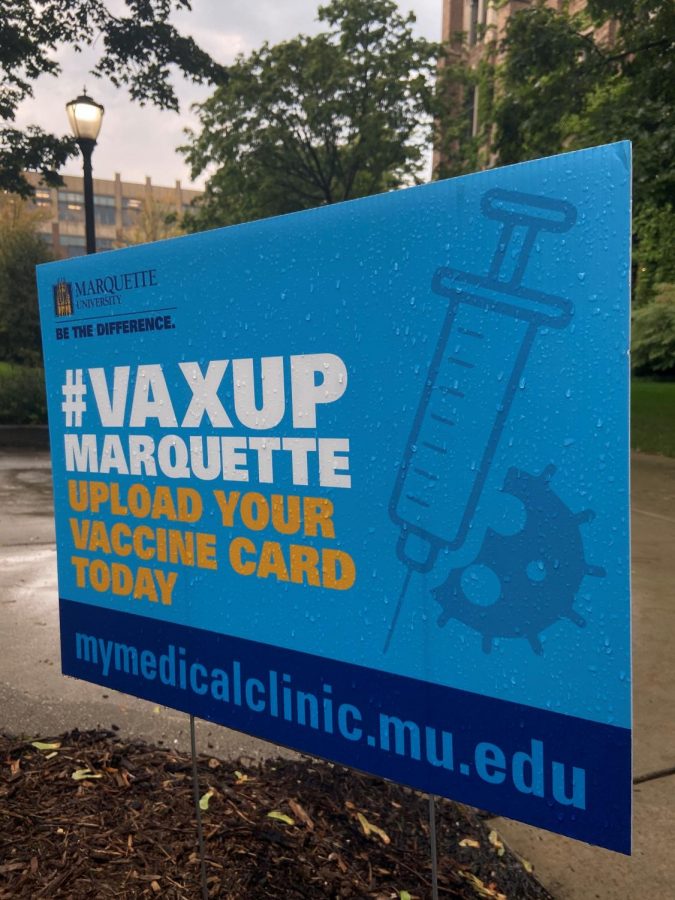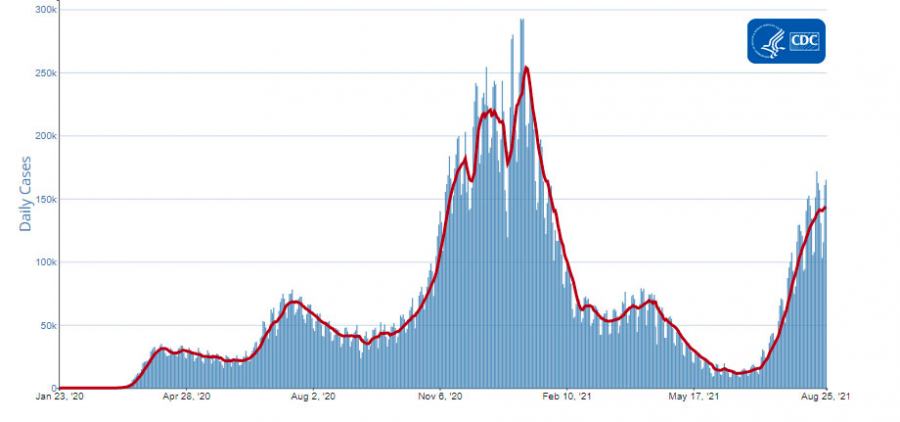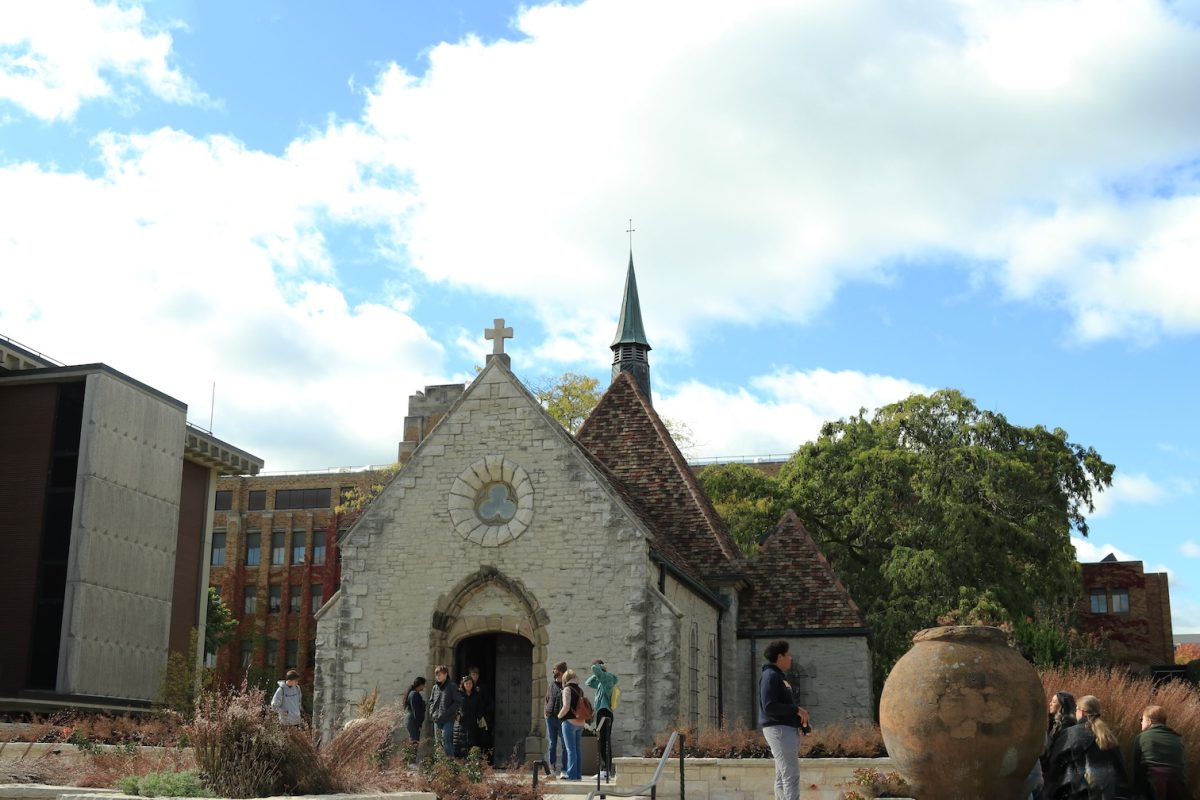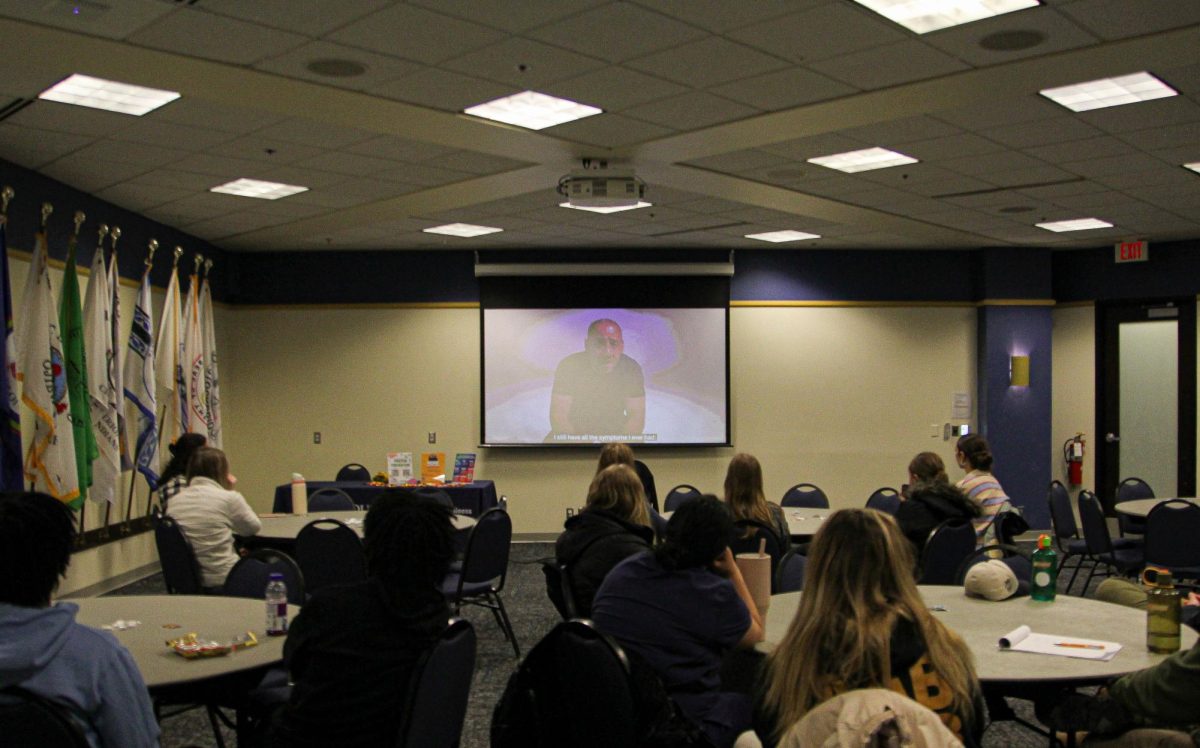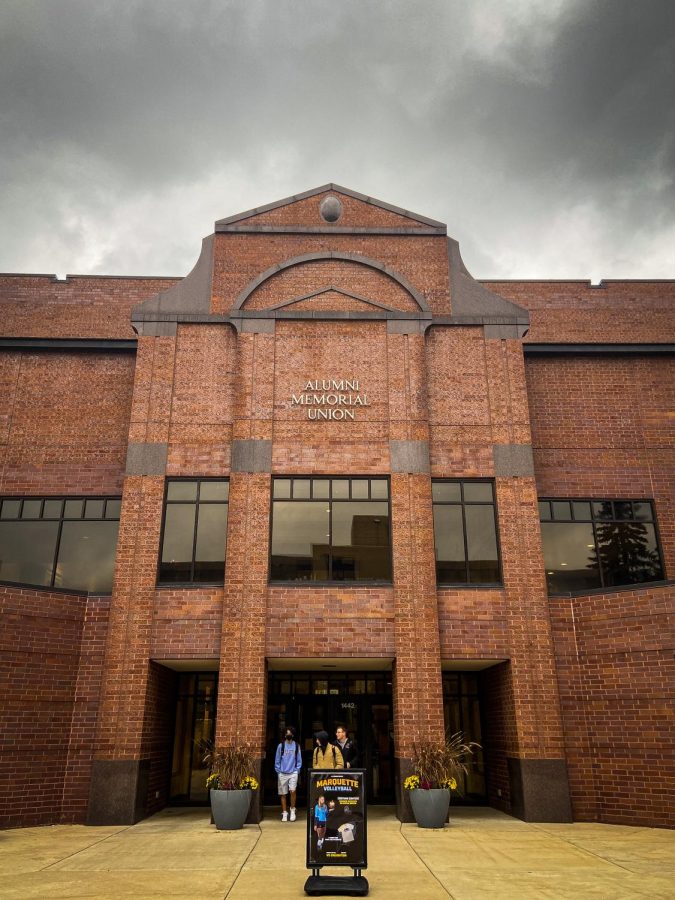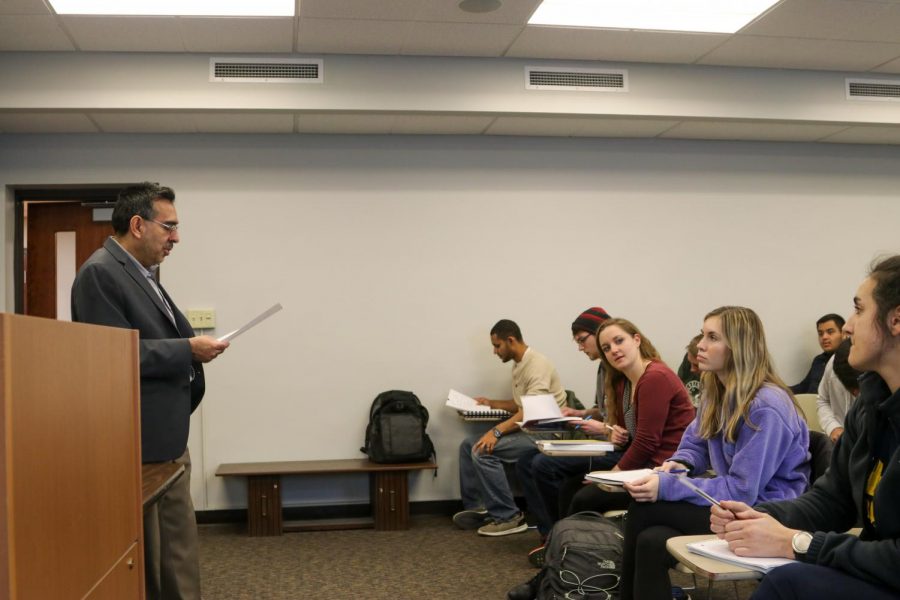While many across the country and world continue to self-isolate and practice social distancing to slow the spread of the coronavirus, the Marquette University Counseling Center will provide mental health services for students over the phone while they are away from campus.
Without extracurricular activities, social events or in-person classes, college-age students may be more susceptible to mental illnesses. In a 2017 study, young adults aged 18-25 years had the highest prevalence of mental illness at 25.8%, compared to adults aged 26-49 years at 22.2% and aged 50 and older at 13.8%, according to the National Institute of Mental Health.
Students who may be struggling can call the center at (414) 288 7172 as the center is currently not taking physical visits, even for those who live locally.
On its website, the Counseling Center provides resources that include tips for managing stress and coping with social distancing. Among these tips are being patient, establishing new routines and practicing positive self-talk.
The Counseling Center’s website also said that group therapy will be temporarily closed during this time, though students who participate in group therapy can reach out to their group facilitators by telephone.
There are two phone lines available through the Counseling Center: One is for emergencies and is available at all hours, and the other operates during business hours and is for non-emergency situations.
Director of the Counseling Center Michael Zebrowski said students experiencing a life-threatening mental health or medical emergency should go to the nearest emergency department in their city or call 911.
“Social distancing has been stressful for everyone – students, professors and families,” Zebrowski said in an email. “Students may feel safer and comforted by being at home but of course they would prefer to be on campus, being a normal student and being with friends. At the worst, students may begin to feel isolated.”
Zebrowski said that the Counseling Center knows that many students are struggling with loss of loved ones and financial resources and that “it is important to find comfort in others” such as through virtual interactions with friends or professors.
Another informational page on the Counseling Center website that is aimed at college students comes from The Hope Center, a group that conducts research and provides resources for college students.. It includes information about how to get financial aid, reduce bills, find a place to live and protect one’s health.
Mark Williams, a sophomore in the College of Engineering, said he started a routine of waking up, doing his homework and working out. In between, he also leaves time to eat, talk with friends, and play video games, he said.
“I make sure I am keeping up with my classes and still communicating with my friends,” he said. “I always try to stay busy when I am home. I listen to upbeat music in order to have a healthy mind. I always stay optimistic and pray at night in order to keep in touch with God.”
Williams also said that he bikes outside and has started to relearn the guitar in his free time.
“I keep up to date in my schedule planner so I know what work I have to do for what day,” Lauren Harrison, a first-year in the College of Arts & Sciences, said. “This is especially helpful since most of my classes’ syllabi have changed because of the switch to online. I also try to wake up at the same time I would on an in-person school day so I get myself in the right mind set.”
Harrison added that she has also been catching up with family, watching TV and playing the recently released Animal Crossing New Horizons on her Nintendo Switch.
“The main thing is doing various things to just get my mind off of the pandemic,” she said. “I believe that dwelling on it can put even more stress on the situation, so finding things to keep you occupied is the best thing to do right now.”
Harrison said she makes sure to text and video chat with her friends, preferring the latter because she said seeing friends’ faces virtually can sometimes feel as though they are are right there with her.
“I know staying at home is tough, but if we all follow the orders to stay home, we can greatly reduce the number of deaths in America,” Williams said. “Together and through God, we will prevail. The coronavirus is a great test of the strength of our society and how well we work under pressure. Soon our lives will be back to normal, but for now, we must stay home in order to help our country.”
Zebrowski said it is important to actively reframe thinking in order to promote good mental health.
“If (students) are feeling burdened by social distancing, they can remind themselves that we are doing this to flatten the curve and safe lives,” he said in an email. “If they are missing campus and friends, they can remind themselves that this will not last forever and think about other ways to keep in touch.
He said that students should be careful about coping in negative ways, such as through drugs or alcohol.
“Resiliency and good self-care is not a given,” Zebrowski said in an email.
This story was written by Shir Bloch. She can be reached at shir.bloch@marquette.edu.

